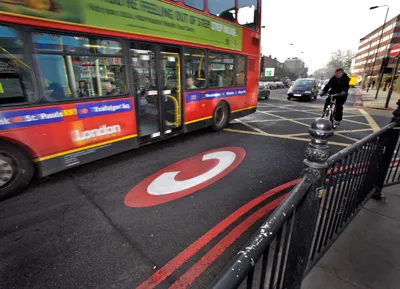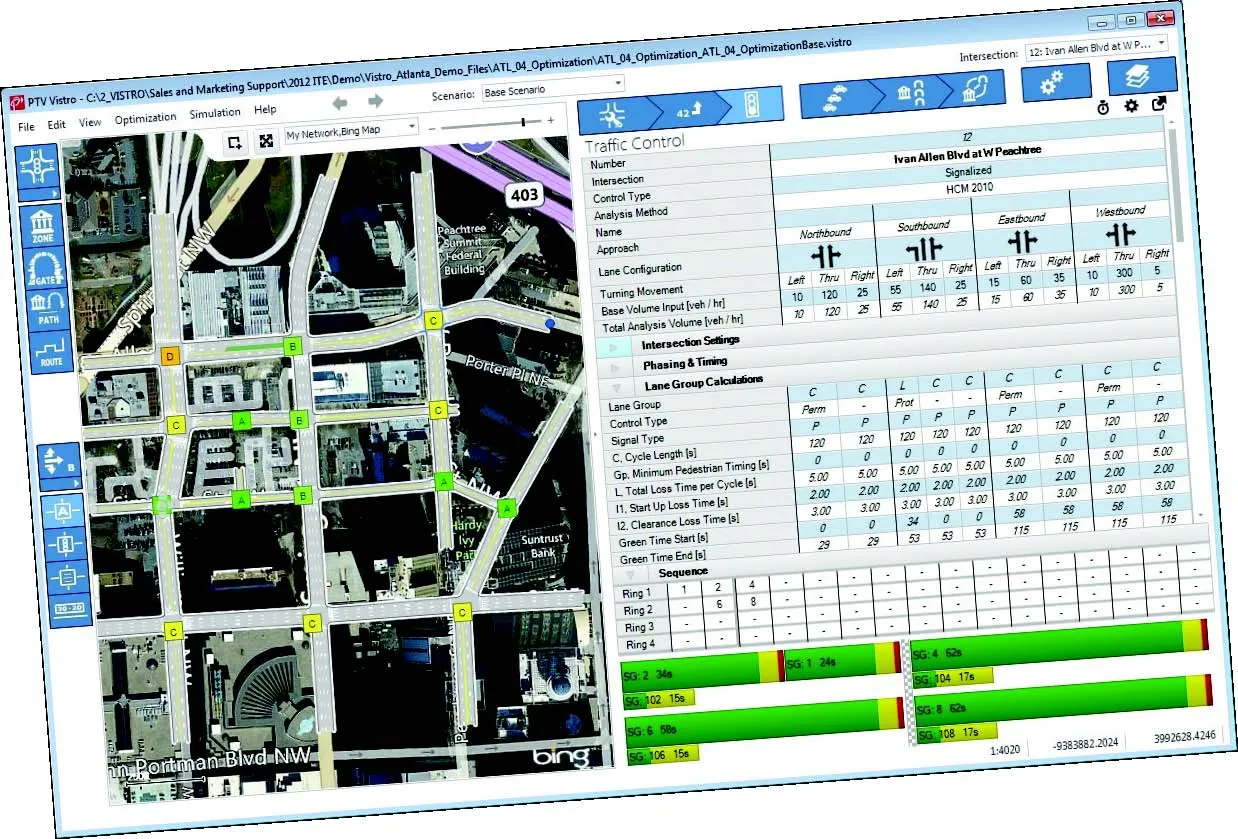Major refurbishment of traffic technology across Medway, part of the Thames Gateway area, is underway to significantly reduce energy and communications costs with newly-developed products from Siemens.Aimed at reducing carbon emissions and power consumption, the project near London, involves replacing over 600 signal heads with new Siemens retrofit technology at sites in Rainham, Rochester, Gillingham and Chatham. Communications equipment is also being upgraded with the deployment of new UG405 outstation tr
February 6, 2012
Read time: 2 mins

Major refurbishment of traffic technology across Medway, part of the Thames Gateway area, is underway to significantly reduce energy and communications costs with newly-developed products from 1134 Siemens.
Aimed at reducing carbon emissions and power consumption, the project near London, involves replacing over 600 signal heads with new Siemens retrofit technology at sites in Rainham, Rochester, Gillingham and Chatham. Communications equipment is also being upgraded with the deployment of new UG405 outstation transmission units (OTUs) from Siemens.
According to Alan Hawker, Medway's traffic signal engineer, the unitary authority plans a major shift towards Extra Low Voltage (ELV) technology over the next year.
"ELV from Siemens will make a significant contribution not just in reduced power consumption but also ongoing maintenance. We have even looked at how much time is taken up travelling with a vehicle to replace a lamp or attend a lamp failure: this is a green issue too," he said.
In addition to ELV technology, Siemens low-power Helios retrofit enables both existing Siemens Helios and Peek Elite signal equipment throughout Medway to be upgraded to the latest CLS LED technology, while maximising the reuse of existing roadside infrastructure.
The refurbishment project includes a new UTMC database, car park guidance systems, VMS signage and migration to IP-based communications network and the latest UG405 communications protocol. Allowing traffic technology to use the existing council network which links offices, schools and libraries is calculated to deliver significant communications cost savings for Medway as well as deliver improvements to the existing Urban Traffic Control (UTC) network.
With a total of 210 junctions including crossings, the project also involves the installation of new ELV controllers at over 50 sites, upgrading existing controllers to drive LED signals, Telscan CCTV cameras from Siemens at almost 40 locations and the conversion of more than 100 sites to LED.
Offering power and carbon savings of over 75%, the retrofit modules fit existing traffic signal bodies, minimising waste and disposal issues, and further enhancing the carbon savings achieved. Completion is scheduled for March 2011.
Aimed at reducing carbon emissions and power consumption, the project near London, involves replacing over 600 signal heads with new Siemens retrofit technology at sites in Rainham, Rochester, Gillingham and Chatham. Communications equipment is also being upgraded with the deployment of new UG405 outstation transmission units (OTUs) from Siemens.
According to Alan Hawker, Medway's traffic signal engineer, the unitary authority plans a major shift towards Extra Low Voltage (ELV) technology over the next year.
"ELV from Siemens will make a significant contribution not just in reduced power consumption but also ongoing maintenance. We have even looked at how much time is taken up travelling with a vehicle to replace a lamp or attend a lamp failure: this is a green issue too," he said.
In addition to ELV technology, Siemens low-power Helios retrofit enables both existing Siemens Helios and Peek Elite signal equipment throughout Medway to be upgraded to the latest CLS LED technology, while maximising the reuse of existing roadside infrastructure.
The refurbishment project includes a new UTMC database, car park guidance systems, VMS signage and migration to IP-based communications network and the latest UG405 communications protocol. Allowing traffic technology to use the existing council network which links offices, schools and libraries is calculated to deliver significant communications cost savings for Medway as well as deliver improvements to the existing Urban Traffic Control (UTC) network.
With a total of 210 junctions including crossings, the project also involves the installation of new ELV controllers at over 50 sites, upgrading existing controllers to drive LED signals, Telscan CCTV cameras from Siemens at almost 40 locations and the conversion of more than 100 sites to LED.
Offering power and carbon savings of over 75%, the retrofit modules fit existing traffic signal bodies, minimising waste and disposal issues, and further enhancing the carbon savings achieved. Completion is scheduled for March 2011.








